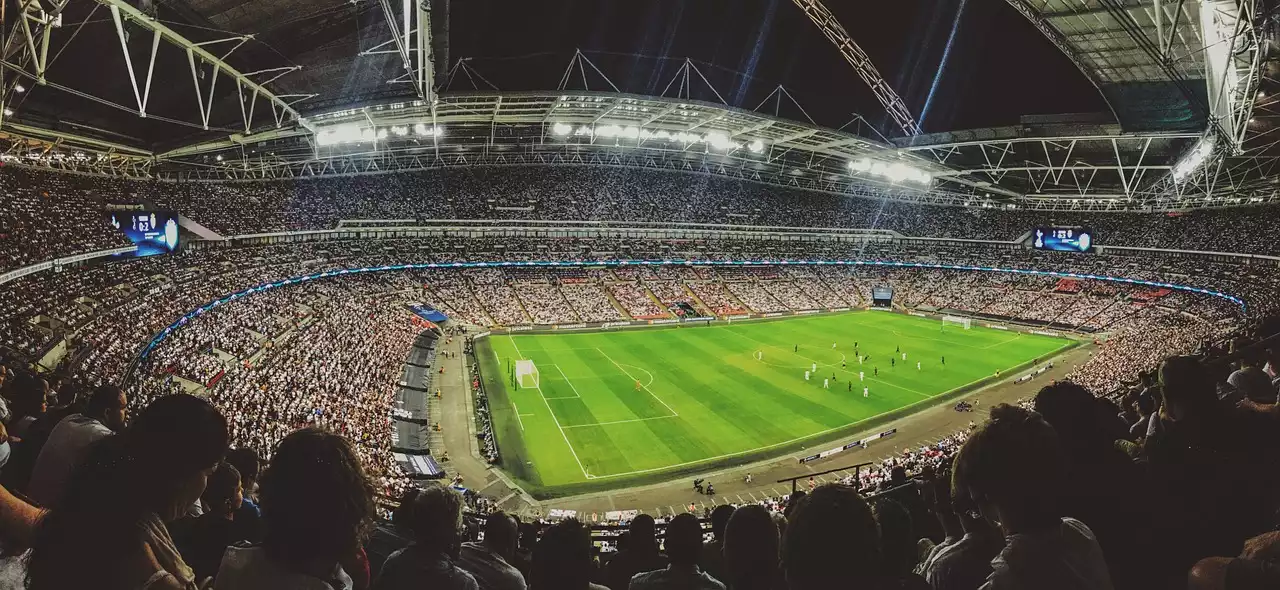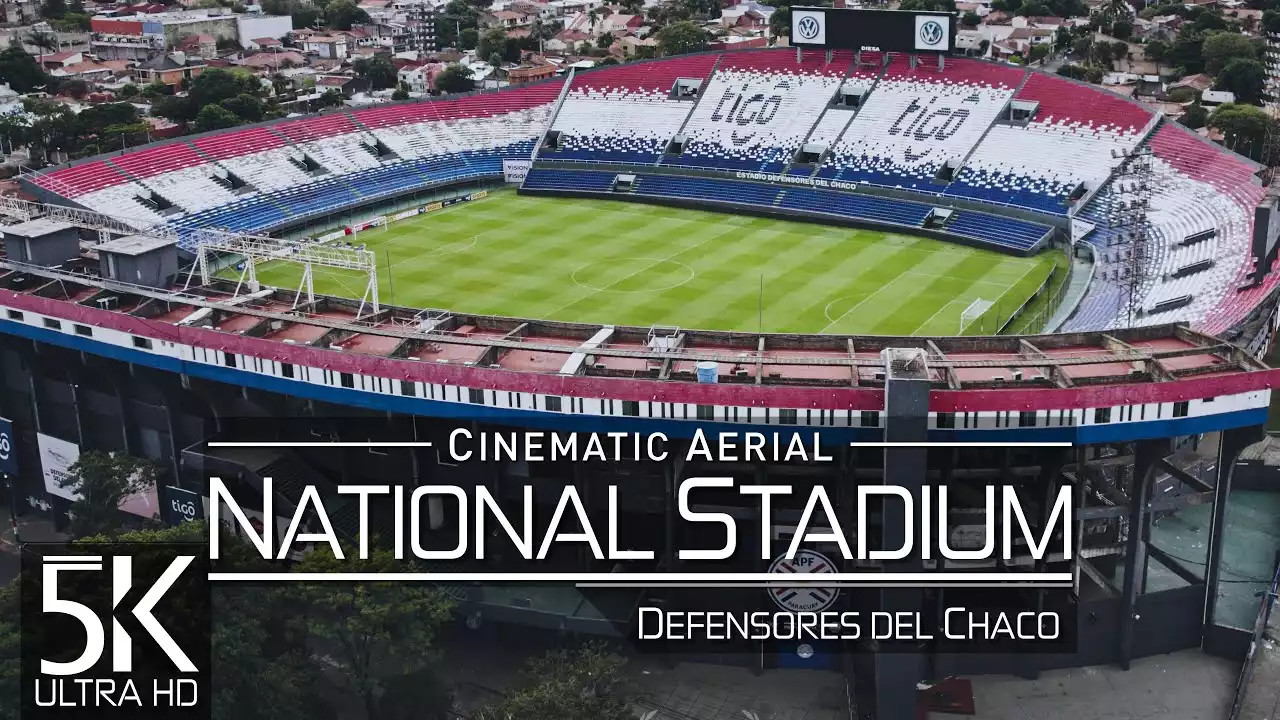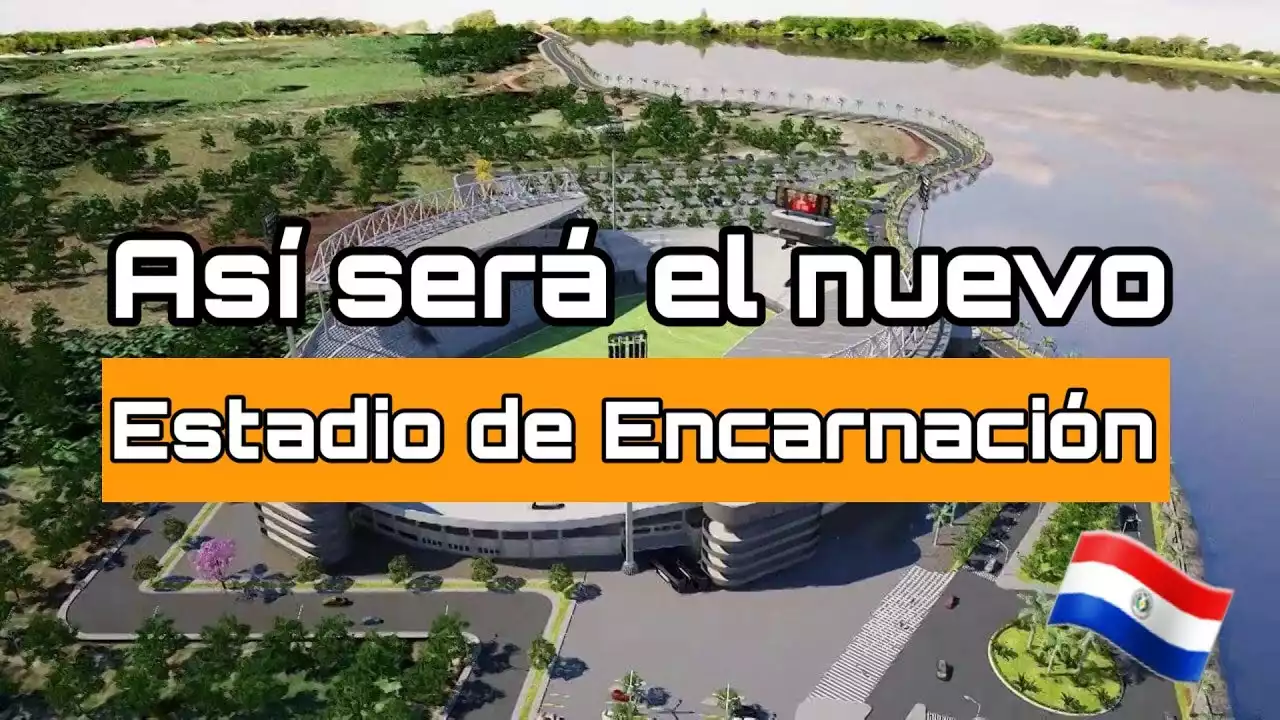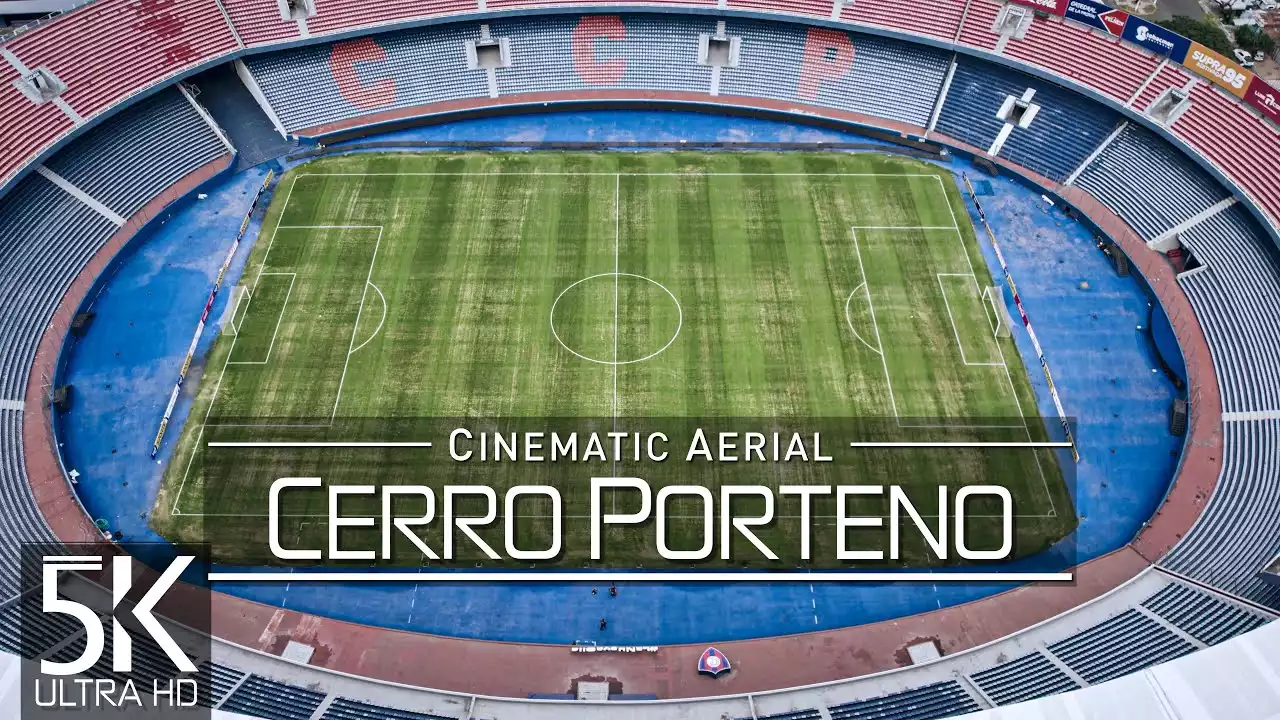The Historical Significance of Football in Paraguay
Football holds a special place in Paraguayan history and culture. Introduced by British immigrants in the late 19th century, the sport quickly gained popularity and became deeply ingrained in the nation's identity. Paraguayans embraced football as a means of expression, a way to showcase their passion and national pride. The national team, known as "La Albirroja," has achieved remarkable success on the international stage, further fueling the enthusiasm for the sport among Paraguayans. This historical significance laid the foundation for the transformation of Paraguayan stadiums into community hubs.
Paraguayan stadiums have evolved from simple sporting venues to multifunctional spaces that cater to the needs of the surrounding communities. The shift from a single-purpose facility to a community hub is a testament to the power of football to bring people together and create positive change. The transformation has been driven by a combination of factors, including government support, corporate partnerships, and the dedication of local organizations and individuals who recognize the potential of these stadiums as vehicles for social progress.
Evolution of Paraguayan Stadiums as Community Hubs
Over the years, Paraguayan stadiums have undergone a remarkable transformation, adapting to the changing needs of their communities. What were once mere structures have now become centers of social activity, offering a wide range of services and opportunities for individuals of all ages. The evolution of Paraguayan stadiums as community hubs can be seen in the development of infrastructure and the introduction of various community engagement programs.
Infrastructure development has played a crucial role in transforming Paraguayan stadiums into community hubs. Beyond the football field, stadiums now feature recreational facilities, such as swimming pools, gyms, and playgrounds, that cater to the diverse needs of the community. These additional amenities have turned stadiums into attractive destinations for families, providing a safe and inclusive space for recreational activities.
In addition to infrastructure development, community engagement programs have also been instrumental in shaping Paraguayan stadiums as community hubs. Local organizations, football clubs, and government agencies collaborate to offer a wide range of programs, including youth development initiatives, educational workshops, and health and wellness programs. These programs aim to empower individuals and promote social cohesion by leveraging the popularity of football as a tool for positive change. Through these initiatives, Paraguayan stadiums have become more than just places to watch a game; they have become spaces for personal growth, community building, and social integration.
Economic Impact of Paraguayan Stadiums
The social impact of Paraguayan stadiums extends beyond the realm of community development; it also has significant economic implications. The transformation of stadiums into community hubs has created new employment opportunities and stimulated local economies. Stadiums now serve as venues for various events, including concerts, conferences, and cultural festivals, attracting visitors from both within Paraguay and abroad. These events generate revenue for local businesses, hotels, and restaurants, contributing to the overall economic growth of the surrounding areas.
Moreover, the presence of community-focused amenities within stadiums has also led to increased foot traffic and consumer spending. Local entrepreneurs have recognized the potential of these community hubs and have opened businesses nearby to cater to the needs of stadium-goers and community members. This symbiotic relationship between stadiums and local businesses has created a positive economic cycle, benefiting both the stadiums and the surrounding communities.
Social and Cultural Benefits of Paraguayan Stadiums
Paraguayan stadiums have become more than just sports venues; they have become symbols of hope, unity, and empowerment. They serve as platforms for social integration, bringing together individuals from diverse backgrounds and fostering a sense of belonging. The social and cultural benefits of Paraguayan stadiums can be witnessed through the stories of individuals whose lives have been transformed by their involvement with these community hubs.
For many young people, Paraguayan stadiums offer a path to personal growth and a chance to break free from the cycle of poverty. Youth development programs, supported by football clubs and community organizations, provide access to education, mentorship, and training opportunities. These programs empower young individuals to pursue their dreams both on and off the football field, instilling values such as teamwork, discipline, and perseverance. Through the power of football, Paraguayan stadiums give young people a sense of purpose and hope for a brighter future.
Paraguayan stadiums also serve as cultural landmarks, preserving and promoting the rich cultural heritage of the communities they serve. They provide a space for traditional music, dance, and art performances, showcasing the diversity and talent of the local population. In this way, stadiums become not only places for sports but also cultural epicenters that celebrate the unique identity of each community.
Case Studies of Successful Stadium Community Initiatives
To truly understand the social impact of Paraguayan stadiums, it is important to explore specific case studies that highlight successful community initiatives. One such example is the "Stadiums for Education" program, implemented by the Paraguayan Football Association in partnership with the Ministry of Education. This program aims to improve access to education for children living in vulnerable communities by utilizing stadium facilities as alternative learning spaces. Classrooms are set up within the stadiums, providing a safe and conducive environment for learning. This initiative has not only increased school attendance rates but has also enhanced the overall learning experience for children, ultimately breaking the cycle of poverty.
Another inspiring case study is the community garden project initiated by a local football club in Asunción. The club transformed a section of their stadium into a garden where community members can grow their own fruits and vegetables. This project promotes sustainable agriculture practices, fosters a sense of community ownership, and provides a source of fresh produce for local families. It has not only improved food security but has also created a space for social interaction, where community members come together to share knowledge and experiences.
These case studies demonstrate the power of community-driven initiatives in maximizing the social impact of Paraguayan stadiums. By leveraging the popularity and passion for football, these initiatives have created lasting change and improved the lives of individuals and communities.
Challenges and Solutions in Maximizing the Social Impact of Stadiums
While Paraguayan stadiums have achieved remarkable success in becoming community hubs, they still face challenges in maximizing their social impact. One of the main challenges is ensuring sustainable funding for community programs and initiatives. Many of these programs rely heavily on government support and corporate partnerships, which can be unpredictable and subject to changes in priorities. To overcome this challenge, it is crucial to diversify funding sources and explore innovative financing models. This could include partnerships with international organizations, crowdfunding campaigns, and the establishment of dedicated funds for stadium community initiatives.
Another challenge lies in maintaining community engagement and participation beyond the initial excitement. It is essential to create mechanisms that encourage ongoing involvement and ensure the sustainability of community programs. This can be achieved through the establishment of community-led committees, regular feedback sessions, and the continuous evaluation and improvement of programs based on community needs and aspirations. By involving the community in the decision-making process and empowering them to take ownership of the initiatives, stadiums can continue to evolve as true community hubs.
The Role of Government and Organizations in Supporting Stadium Community Initiatives
The success of Paraguayan stadiums as community hubs would not have been possible without the support of government agencies, football clubs, and local organizations. The government plays a crucial role in providing infrastructure investment, policy support, and coordination among stakeholders. By recognizing the social and economic benefits of stadium community initiatives, the government can create an enabling environment that encourages innovation and collaboration.
Football clubs and their affiliated organizations are at the forefront of driving change within their communities. They have a deep understanding of the needs and aspirations of the local population and are well-positioned to implement impactful programs. These clubs can leverage their brand and resources to attract partners, sponsors, and donors who share their vision for social change. By working together with government agencies and other organizations, football clubs can maximize their impact and create sustainable change.
The Future of Paraguayan Stadiums as Community Hubs
Looking ahead, the future of Paraguayan stadiums as community hubs is full of promise and potential. As the social and economic benefits become more apparent, there is a growing interest in replicating the success of these community initiatives in other parts of the country. The transformation of stadiums into community hubs is no longer seen as an isolated phenomenon but as a model for social development that can be adapted and implemented in different contexts.
The future of Paraguayan stadiums as community hubs lies in their ability to continuously innovate and adapt to the changing needs of their communities. This includes embracing technology and digital platforms to enhance the delivery of community programs, as well as exploring new partnerships and collaborations that bring fresh perspectives and resources. By staying true to their mission of social transformation, Paraguayan stadiums can continue to inspire and empower individuals, fostering a sense of unity and hope for a better future.










.png?size=50)